Part 7 of 7
According the Nathaniel Delafield, co-founder of LAFAZA, everyone is constantly speculating and trying to triangulate information to get a better sense of what is going on in the vanilla industry. It is challenging because there are no public exchanges. Here are the trends he is seeing.
Madagascar continues to produce 75% to 80% of the world’s vanilla and will have a good harvest this year. Recent high prices have been an incentive for other regions and countries to become producers. Indonesia has been a consistent supplier and is growing. Papua New Guinea and Uganda are emerging.
The challenge for new producers is that vanilla is a long-term commitment; it cannot be scaled up quickly. It is an agro-forestry crop that takes three to five years for the vines to start producing flowers. A mature vanilla vine takes more than 10 years to develop. At the same time, the workers need to train for years to become highly skilled producers.
The US market is robust and strong for vanilla and traditionally accounts for about 50% of the market for vanilla. This should continue as the American interest in natural flavors is only growing year over year. The European market is quite strong too and other areas of the world are looking for quality flavors as well.
The price of vanilla is finally going down after nearly five years. At one point it was trading at the same price as pure silver. The lower price allows more consumers to enjoy using the product again. For manufacturers, the lower price might stop them from reformulating recipes. The long-term challenge will be to level the price so that it values the product and the work that goes into it, while at the same time making that price point viable in the food industry.
COVID does not seem to be changing the demand for vanilla. Food is an essential industry, so most companies are operational. Many consumers are doing more cooking and baking than ever, so ingredients are in demand. Madagascar was early to react, with the government shutting down all movement within the country as well as in and out of the country. Things are starting to loosen up. The challenge will be doing things safely and securing effective transportation. Vanilla products are shelf stable, so they are not perishable. However, COVID as a pandemic did show us that a lot of our systems are not sustainable, and we should find better ways to do things. This is a challenge and an opportunity.
Click here to learn more about our White Pumpkin and Almond Murabba with cardamom & vanilla.
